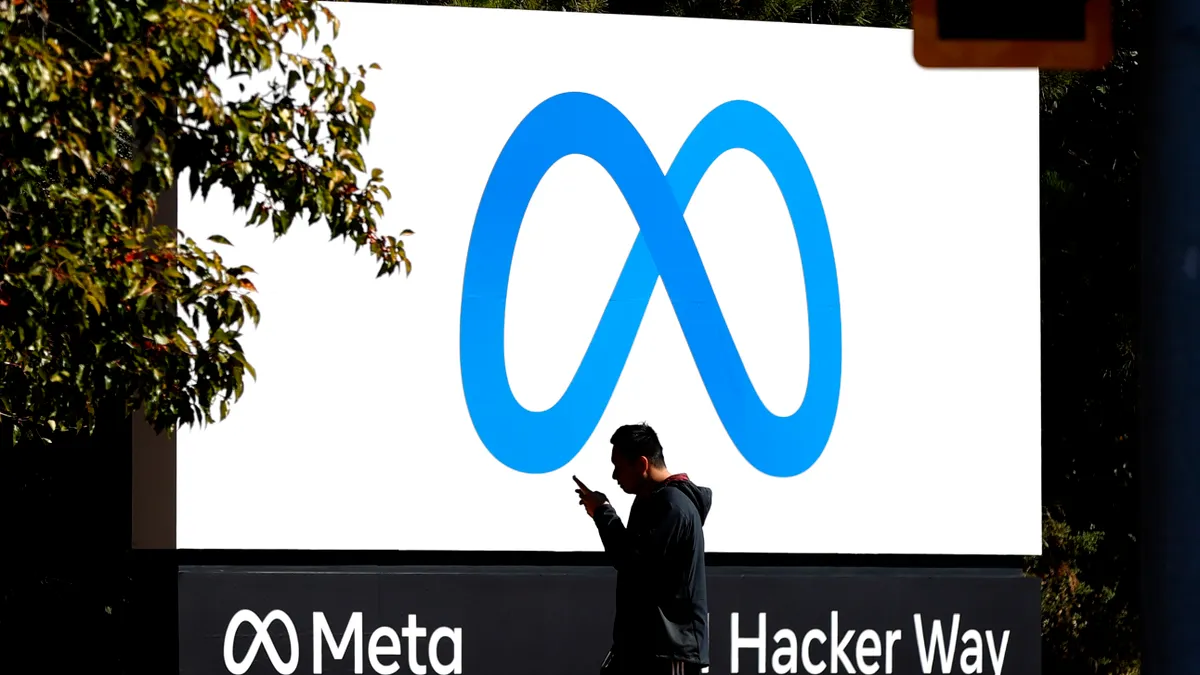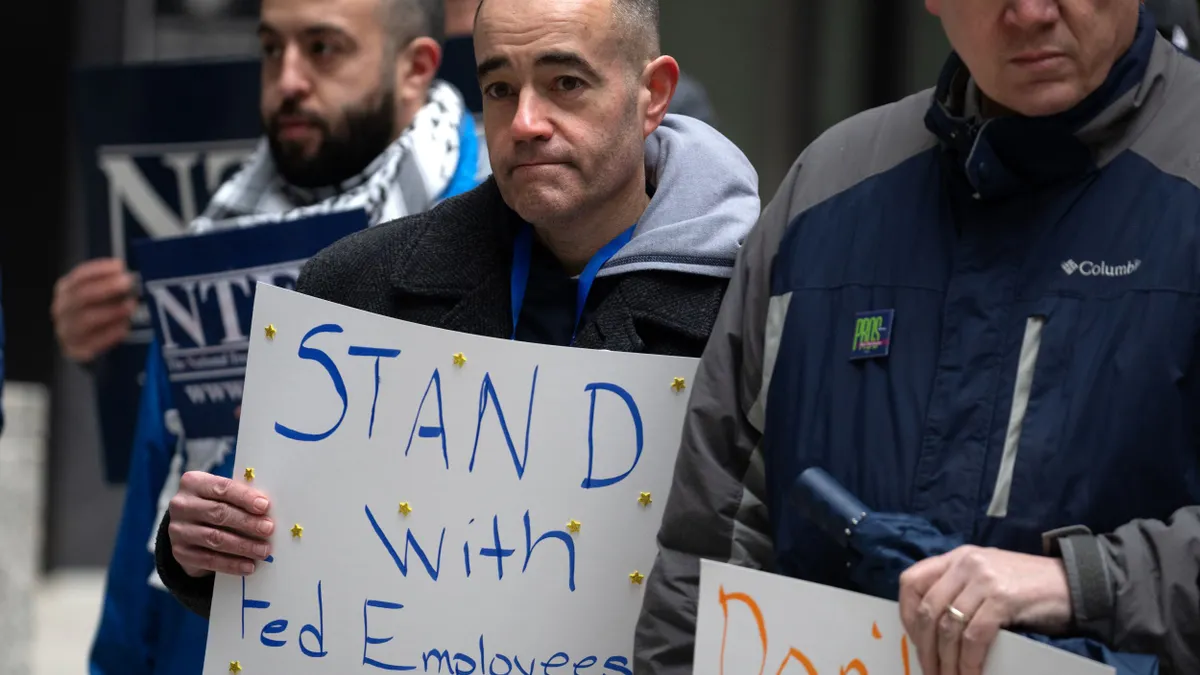It’s a Catch-22 with big implications for your workplace: Marijuana is a Schedule I controlled substance under federal law — in other words, illegal. Yet many states have legalized marijuana for medicinal and even recreational use, with new laws being passed all the time.
As an employer, you may have an obligation to accommodate employees who use marijuana for medical reasons, or you may want to relax your policies to cope with a talent shortage. But can you reconcile the conflicting laws in this area and keep your workplace both safe, compliant and competitive?
Cole doctrine reversed by Sessions
Back in 2013, during the Obama administration, Deputy Attorney General James M. Cole released a memo stating that a few key marijuana enforcement priorities were particularly important to the federal government. These included, among others, preventing marijuana distribution to minors; preventing revenue from marijuana sales going to criminal enterprises, gangs and cartels; and preventing drugged driving, gun violence and other adverse health consequences.
Beyond the listed enforcement priorities, however, the so-called Cole Memo explicitly stated its "expectation that states and local governments that have enacted laws authorizing marijuana-related conduct will implement strong and effective regulatory and enforcement systems that will address the threat those state laws could pose to public safety, public health, and other law enforcement issues."
While the memo noted that nothing in it precluded investigation or prosecution under federal law, it also stated that the U.S. Department of Justice was "committed to using its limited investigative and prosecutorial resources to address the most significant threats."
The Cole Memo, in other words, articulated a largely hands-off approach on the part of the federal government when it came to states’ passage, administration and enforcement of their own marijuana laws.
In January 2018, however, Attorney General Jeff Sessions explicitly rescinded all "previous nationwide guidance specific to marijuana enforcement…effective immediately."
Know the laws that apply to your workplace
"At last count, there are approximately 30 jurisdictions that have medical marijuana statutes; only about 10 deal with recreational usage," Linda Hollinshead, a partner in the Philadelphia office of Duane Morris LLP, told HR Dive.
"Medical marijuana impacts drug testing and drug-free workplace policies," she said. "Also, there's a high probability that an employee on medical marijuana is disabled, bringing in ADA concerns and concerns about discipline and discharge." She noted that a lot of the laws make clear that employers don’t have to tolerate employees who are "under the influence" at work, but the standard for incapacitation is not clear.
Given that medical marijuana laws vary widely, Hollinshead emphasized that employers must know the law in their particular jurisdiction(s): "Pennsylvania's statute, for example, says you can't discriminate against a certified medical marijuana user, but the law does not address whether employers must accommodate use."
Dustin Carlton, an associate in the Nashville office of Bass, Berry & Sims PLC, similarly noted the wide variance that applies from state to state with regard to statutory language. Accordingly, he told HR Dive, employers should review any existing zero-tolerance, one-size-fits-all policies: "If you are a multi-state employer, you need to assume you need to make some modifications to tailor to each individual state, or make concessions in terms of past practices."
Certain exceptions apply
Many state marijuana laws have carve-outs, Hollinshead said. Most, for example, provide that you are not required to violate federal law.
The Drug-Free Workplace Act of 1988 requires a drug-free workplace policy for organizations receiving a federal contract over a certain dollar amount (currently set at $100,000), as well as organizations receiving a federal grant of any size.
State marijuana laws also have no bearing on drug-free requirements and testing imposed on safety-sensitive transportation employees by the U.S. Department of Transportation.
Practical considerations for testing and discipline
Employers don't have to tolerate performance, conduct or safety issues, said Hollinshead. She said that oftentimes when an employee is tested for reasonable suspicion and there's a finding of marijuana usage, a decision can be made without referencing the test results.
"Typically, when this issue comes up, it's because something else is amiss — usually that's the safer issue for discipline," Hollinshead said. "If you have discipline and discharge policies for underlying conduct, you can rely on those." This would mean, for example, disciplining or firing the employee, not for the positive marijuana test, but because he or she punched a co-worker, crashed a warehouse vehicle, or had a lengthy history of safety violations.
Carlton said the first step for employers should be to evaluate whether you should be continuing with a zero-tolerance policy if you are not, say, a federal contractor. "If you are still going to disqualify applicants, focus on disqualification for use in the workplace as opposed to off-duty, legal conduct."
He said employers should also consider the nature of the job when deciding whether or not to conduct drug testing. "Is it a policy that you're testing all applicants at the beginning, or only safety-sensitive positions?" He said employers may consider eliminating drug testing except for safety-sensitive positions. "The risk to you as an employer is a lot lower if you’re testing someone who drives a car for you versus a secretary who comes up positive for medical marijuana."
Recent case law: A shifting tide?
Up until about six months ago, Hollinshead said, employers were winning state law cases brought by employees who were not hired, or fired, due to marijuana usage. The employees were claiming failure to accommodate under the ADA, independent causes of action under state law or entitlement to off-duty usage. The courts, in ruling for the employers, said marijuana is an illegal drug under federal law.
But recently, she said, three cases (from Rhode Island, Connecticut and Massachusetts) have gone the other way; the courts ruled that the federal Controlled Substances Act is not intended to pre-empt state law.
When asked if the new cases ruling in favor of employees were anomalies or a trend, Carlton said, "It's tough to say — feels like it's more of a trend, but I don't know if I can really opine on that. You'd like to think they are more of an anomaly, but considering some of the unique statutory framework, I would expect there to be more challenges to it, more settlements, modifications to past policies to prevent litigation."
Time will undoubtedly bring more clarity to the issue of workplace marijuana testing. Unfortunately for employers, "it’s really an unsettled area right now," said Hollinshead.



















